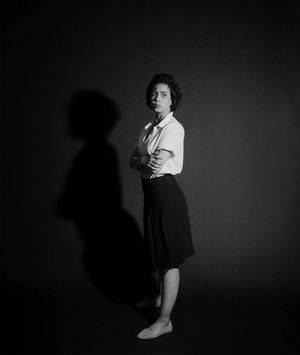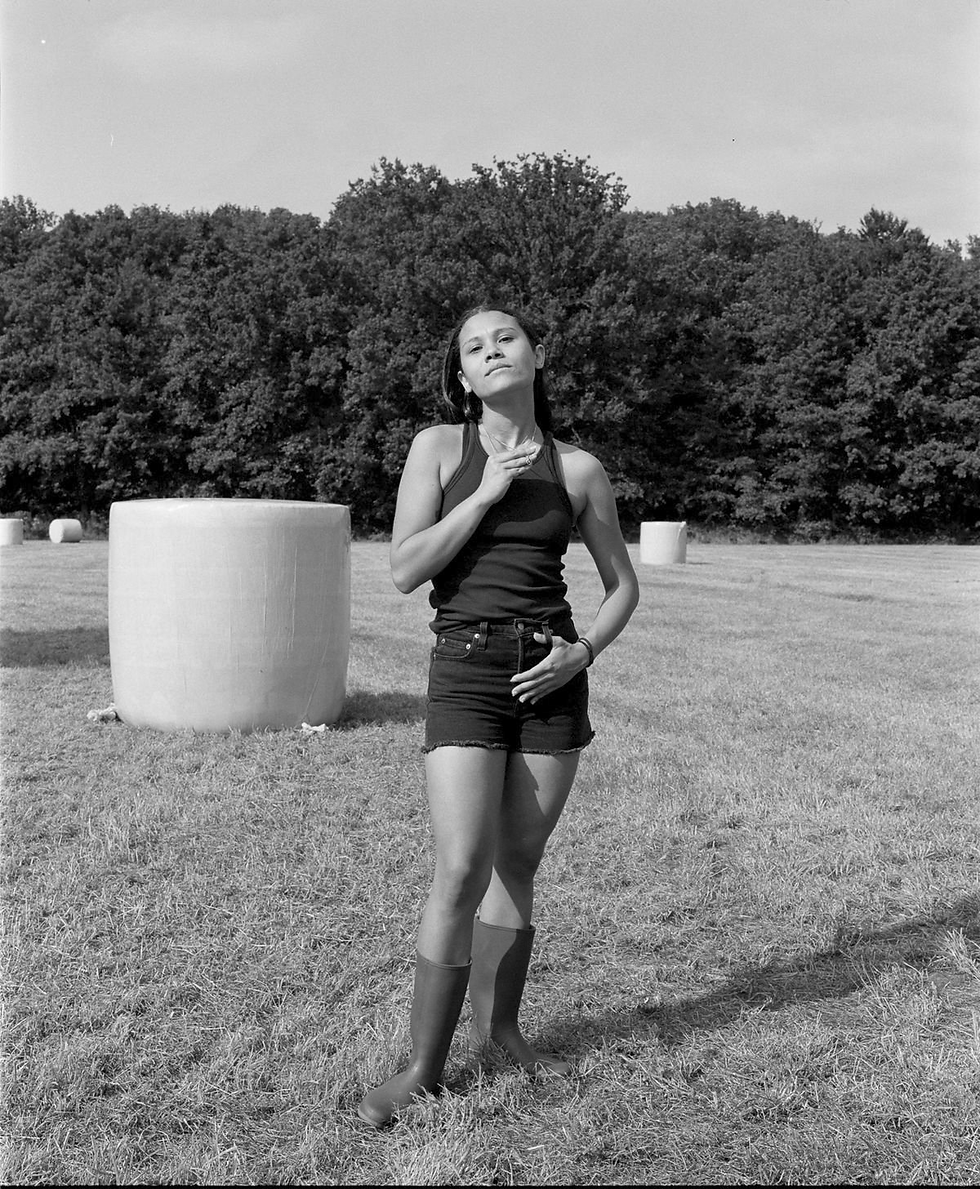Here Are the Winners of The Contemporary African Photography Prize 2024
- Art Report Africa

- Jul 23, 2024
- 3 min read
The organizers of the CAP (Contemporary African Photography) Prize have revealed the five winners of the 2024 edition of the International Prize for Contemporary African Photography. Since 2012, the annual CAP award has celebrated outstanding photographic work created by artists with a connection to the African continent or its diaspora. This year’s announcement was made at the MIRAGE Photobook Fair in Arles, France.
After reviewing hundreds of submissions from across Africa and the African diaspora, a panel of 20 international judges have selected the following photographers as the CAP Prize 2024 winners:
Lina Geoushy (Egypt)
Project: Trailblazers: An Inquiry Into Egypt's Feminist History, 2024
Ahmed Khirelsid (Sudan)
Project: Under Control, 2024
Tshepiso Moropa (South Africa)
Project: Dineelwane, 2024
Kriss Munsya (Democratic Republic of Congo/Canada)
Project: Genetic Bomb, 2023
Farren Van Wyk (South Africa)
Project: Mixedness is My Mythology, 2024
Geoushy’s work digs into Egypt’s rich yet fragmented feminist history, using self-portraiture and archival materials to reclaim and celebrate the stories of pioneering women. Trailblazers is an inquiry into Egypt's fragmented and dismissed feminist history using socially engaged self-portraiture, performance, and the public archive to reclaim and inscribe a counter-history. Growing up, Geoushy was deeply impacted by Egyptian films that were made from the 1940s to the 1960s, a period known as the golden age of cinema in Egypt-in which women played influential leading roles and a pivotal period in Egyptian history in which monarchy was abolished, British occupation over Egypt ended. Women finally earned the right to vote. These film portrayals were in stark contrast to the conservative reality that Geoushy witnessed the women around me navigate from the 90s onwards. Responding to this dissonance, Geoushy decided to build a new reference and an archive informed by the public archive and driven by a feminist impulse.
Khirelsid’s poignant series documents the impact of conflict in Sudan, capturing the raw emotions and resilience of those affected by the ongoing turmoil. "Under Control" is a personal project that documents their experience of being forced to leave their family home and their attempts to adapt to this new situation. Through this work, Khirelsid tries to explore and understand the psychological and emotional trauma received as a result of this war, as well as those around them. It is both a commentary on the mental state they are going through during this challenging time and also indirectly a political commentary on the news and propaganda.
Moropa’s project, inspired by Setswana folktales and folklore, brings traditional narratives to life, bridging the gap between the past and the present to preserve the cultural heritage of the Setswana people. Central to this body of work is a deep respect and fascination for Setswana folklore, captivated by the stories' timeless wisdom, moral lessons, and magical elements. Each folktale holds a unique blend of history, cultural values, and the human experience, serving as a wellspring of inspiration for these artistic creations.
Munsya’s visually striking series stems from a never-ending question about the past confronting the future. When part of a marginalized group, one tends to imagine better outcomes for their community. The story of "GENETIC BOMB," instead of focusing on the future, interrogates the roots of any potential future. Its premise is that every time anyone positively impacts the world around them, it changes their nature on a genetic level. This implies that the more people fight for change, the more they create generations capable of making their dreams of freedom a reality because it becomes embedded in their DNA.
Van Wyk’s work explores the historical relationship between South Africa and the Netherlands, focusing on the connections and contradictions of migration, ethnicity, colonialism, and apartheid. He made a conscious choice of black-and-white analogue photography that references the historical, anthropological, and inhumane images of people of colour in Africa that supported ideas on race and legalized oppression. Holding the tenet that being neither black nor white, a person of colour is a shade of grey in which everything is possible.
From July 13 to August 17, 2024, the Photo Museum Ireland will host a museum exhibition displaying the works of the five CAP Prize 2024 winners. Alongside this exhibition, visitors will also have the opportunity to explore an accompanying exhibition showcasing works from the Irish African Artists Award.
























Comments